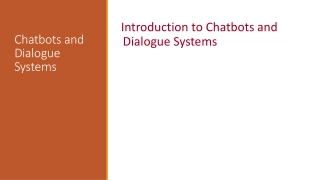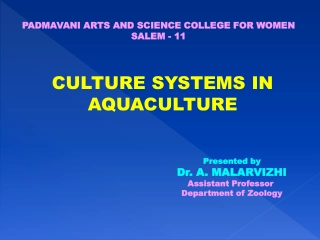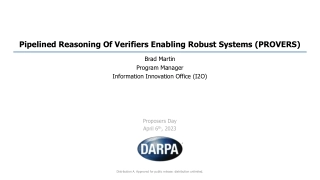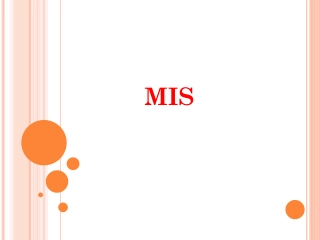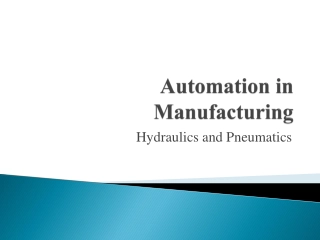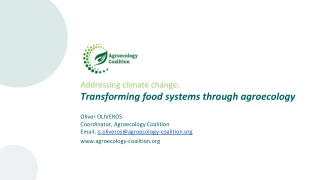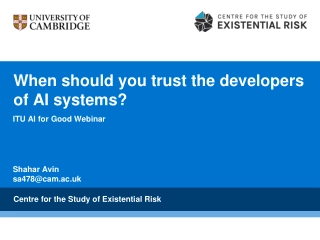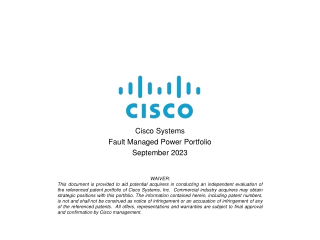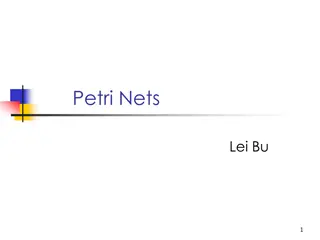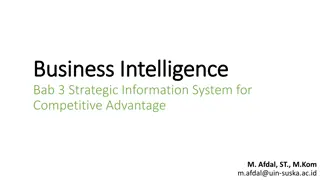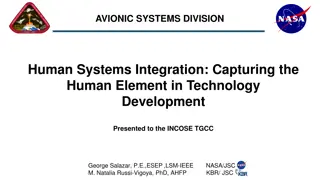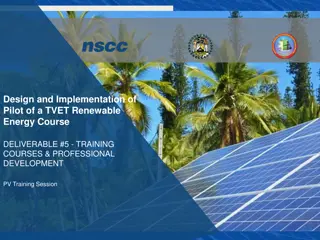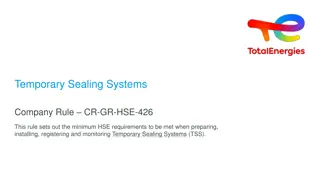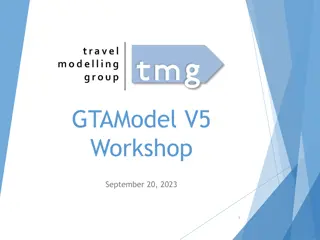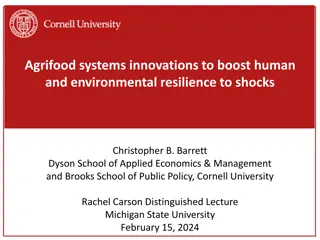systems strengthening
IRC, in collaboration with the Ethiopian Water Technology Institute, has developed the WASH Systems Academy to enhance the capacity of professionals in the WASH sector. Through a blend of training approaches, including e-learning and classroom sessions, the partnership aims to empower WASH professionals and incorporate WASH systems strengthening into academic curricula. The initiative has seen significant participation and impact in building lasting water, sanitation, and hygiene systems in Ethiopia.
systems strengthening
PowerPoint presentation about 'systems strengthening'. This presentation describes the topic on IRC, in collaboration with the Ethiopian Water Technology Institute, has developed the WASH Systems Academy to enhance the capacity of professionals in the WASH sector. Through a blend of training approaches, including e-learning and classroom sessions, the partnership aims to empower WASH professionals and incorporate WASH systems strengthening into academic curricula. The initiative has seen significant participation and impact in building lasting water, sanitation, and hygiene systems in Ethiopia.. Download this presentation absolutely free.
Presentation Transcript
Gezahegn Lemecha, IRCWASH Ethiopia Partnership with Government on WASH systems strengthening Use of E-learning to build capacities on WASH system strengthening in Ethiopia
Introduction IRC developed WASH Systems Academy to support WASH professionals with knowledge and tools to create lasting water, sanitation and hygiene for all It is a free, dynamic online learning platform Basic, specialist and custom made courses Ethiopian Water Technology Institute (EWTI) is a government training institute responsible for building the capacity of WASH sector professionals www.washsystemsacademy.org
Partnership IRC and EWTI signed MoU to collaborate on capacity building on WASH systems strengthening ToT provided to EWTI instructors using blended training approach Blended training combines conventional classroom and self guided learning Contextualization of the content and translation to local languages suggested Picture. Training of Trainers for EWTI instructors in 2019. Photo credit: Gezahegn Lemecha
In partnership EWTI cascaded the blended training to two regions and one university (Amhara, Oromia and Arba Minch University). WASH systems strengthening module for Ethiopia developed & translated to two local languages. Since the ToT EWTI supports regular trainees to complete WASH systems academy courses and obtain additional certificate through self paced learning. Certificate of completion is jointly signed by IRC & EWTI. Image. Example of certificate of completion
Participants profile 900 Enrollment by year 786 800 700 600 Enrollememt 500 400 300 161 150 200 37 17 100 0 2019 2020 2021 2022 2023 Year Years of work experience Type of organisation Gender 6% 4%4% 11% 8% 48% 22% 44% 63% 89% NGO Govt Student Other Male Female 0-5 years 6-10 years 11-15 years 16 plus years
Results 7 blended trainings conducted with around 200 participants - Trainings connected wide sector actors: academia, training institution, NGOs, government (national, regional, district), service providers, service authorities, multiple sectors (water, health, education, finance including banks), experts, and leadership. 665 trainees registered (including the blended training) for one or more courses of which 539 (81%) completed one or more until first week of February WASH systems strengthening for Ethiopia developed Customized module translated to two Ethiopia languages (Afan Oromo and Amharic) Jimma University incorporated WASH systems strengthening into the curriculum of Water Supply and Environmental Engineering department for undergraduates
Learning Partnership with government training institution helped to reach more sector actors. Reached more government sector actors who are responsible for WASH service delivery. Customization of course to local context helped better understanding. Translation to local working languages can foster better understanding.


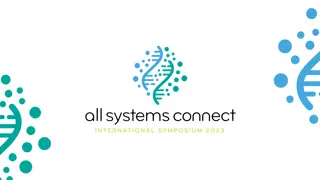
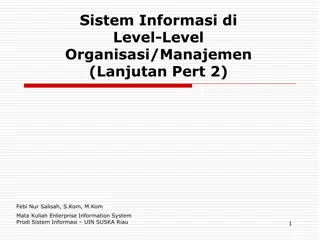
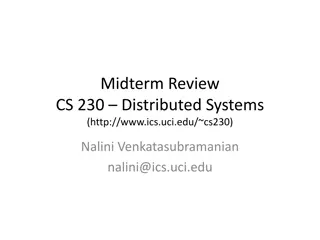
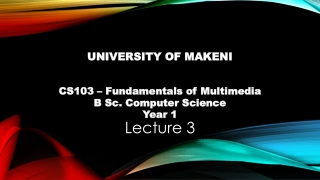
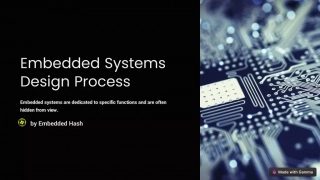
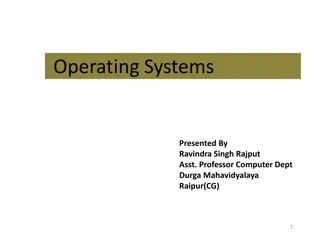
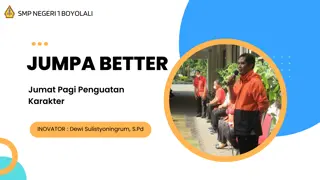
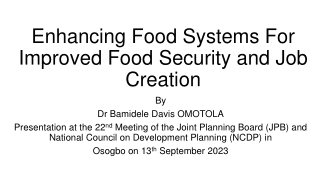

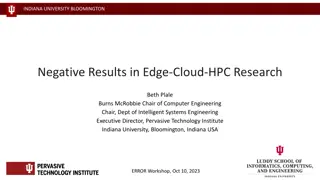
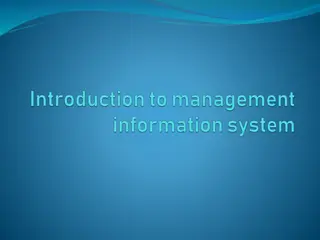
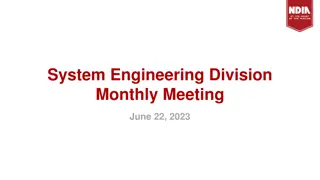
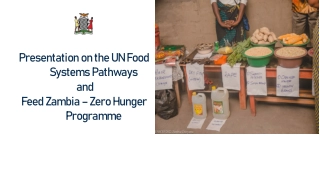
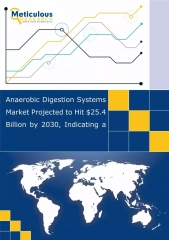
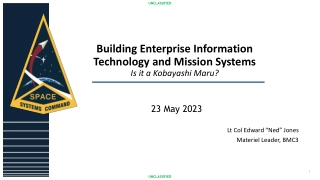
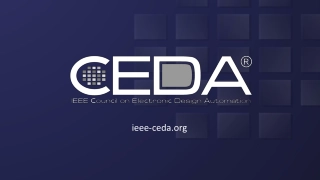

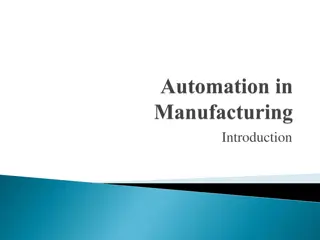


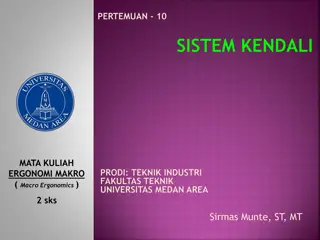
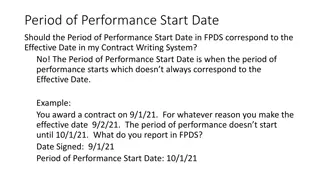
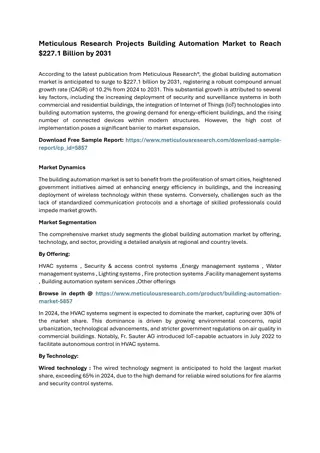
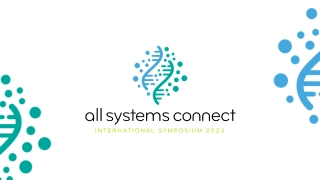
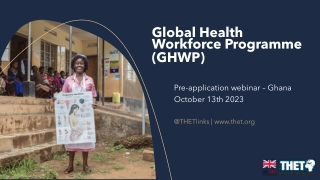
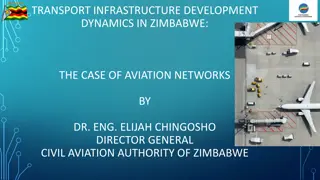
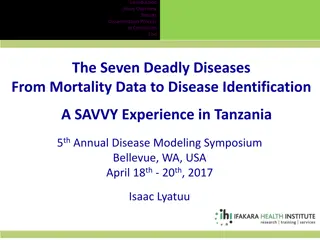
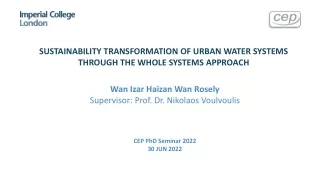
![❤[PDF]⚡ Planetary Ring Systems (Springer Praxis Books)](/thumb/21506/pdf-planetary-ring-systems-springer-praxis-books.jpg)
